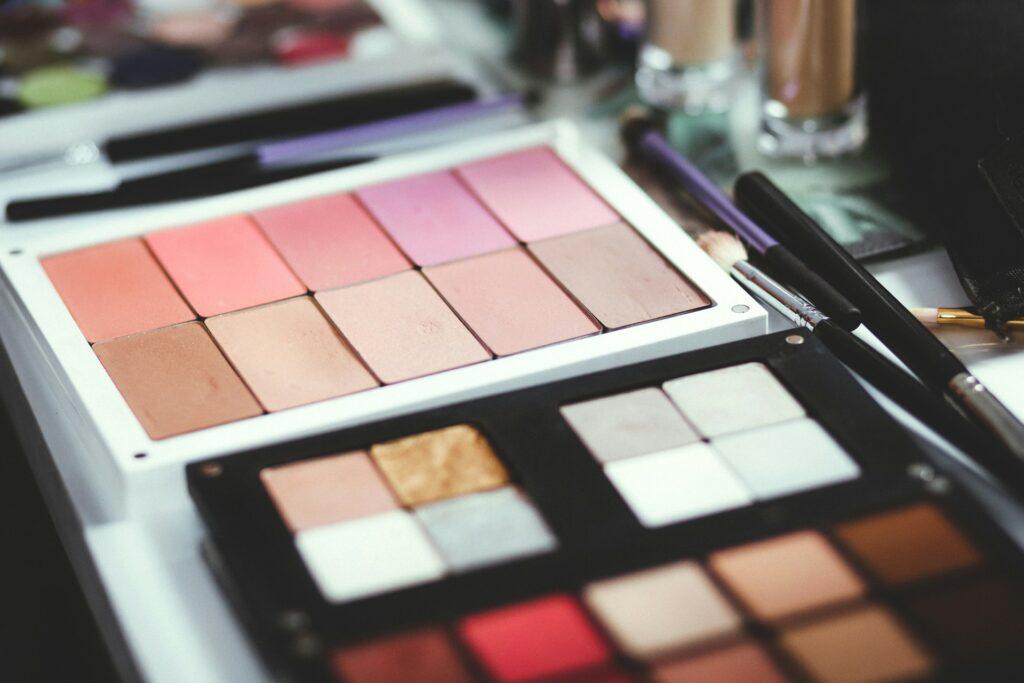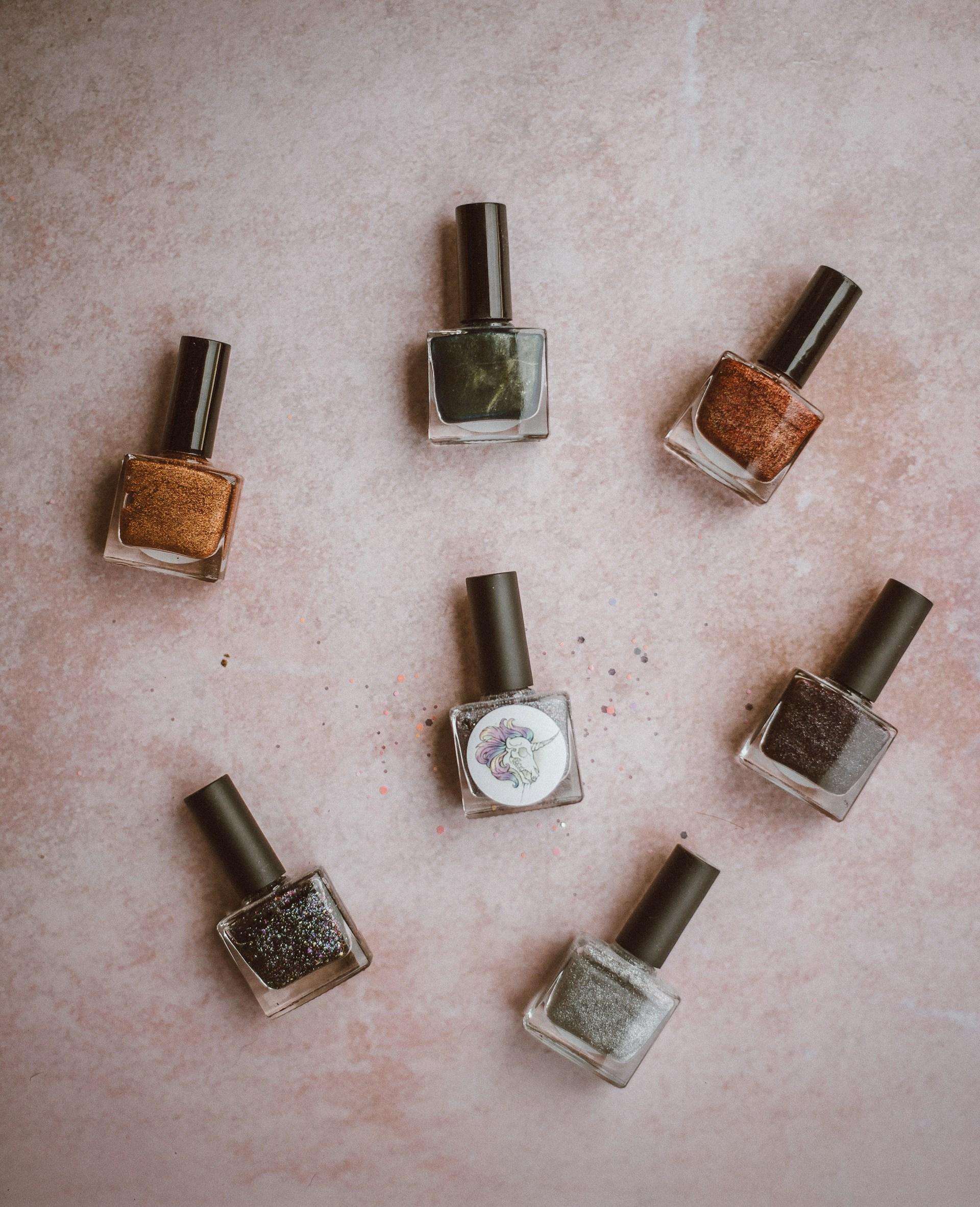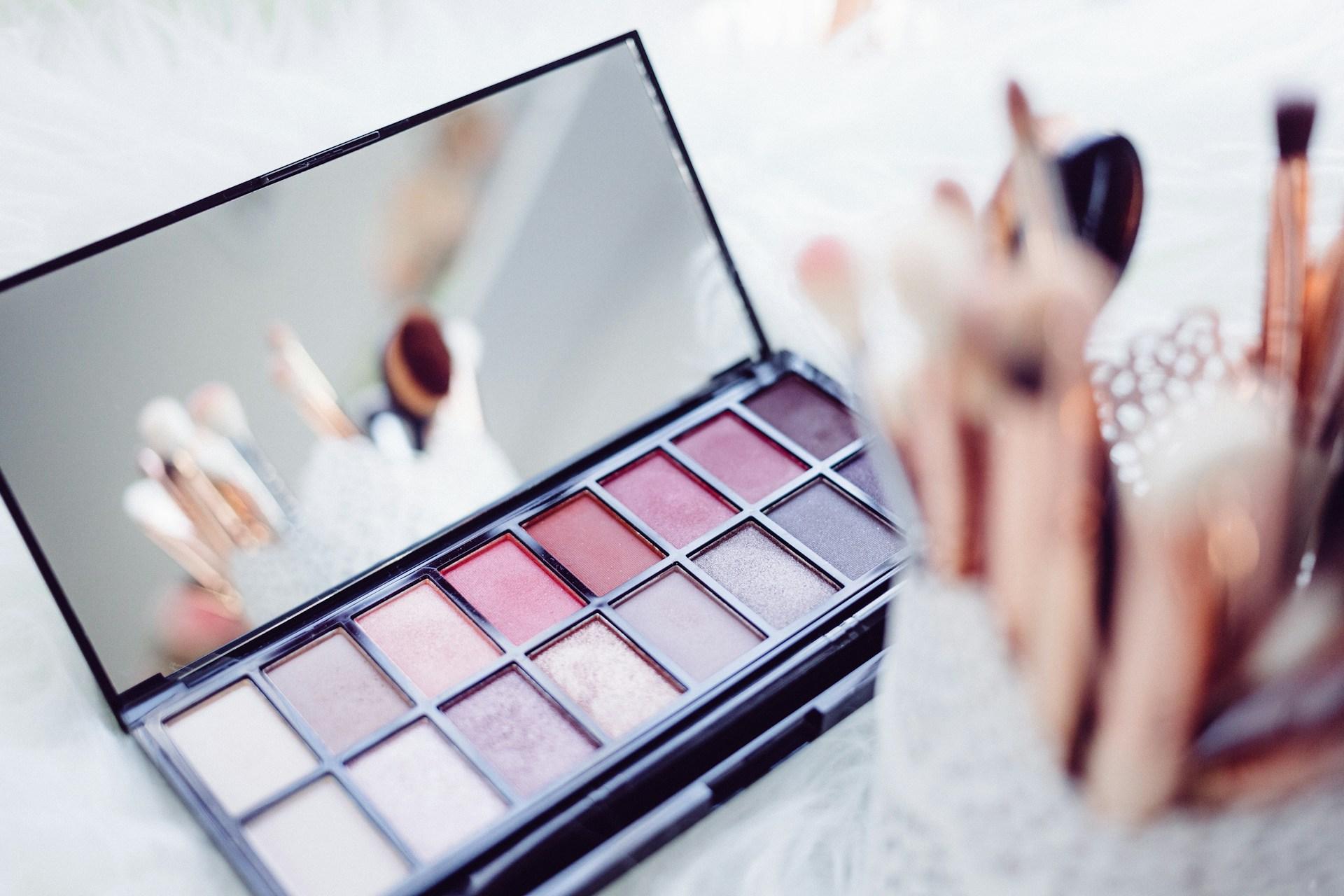Gone are the days when young socialites would powder their skin with arsenic, redden their lips with mercury, or add drops made from poisonous belladonna to their eyes. But unfortunately, this is not to say that all dangerous beauty trends have disappeared. In fact, even obvious issues like using lead in makeup still take place today. Toxic substances including lead, formaldehyde, asbestos, benzene, and more are still discovered in shampoos, skincare, and other cosmetic products more often than you might want to know.
Toxic cosmetic lawsuits are an effort to hold corporations accountable for the harm they cause when they include dangerous substances or fail to warn consumers about their risks. Toxic cosmetic lawsuits can deliver monetary compensation to those harmed as well as hopefully prevent future damage from taking place. If you suffered harm after using a cosmetic product, contact Chiappetta Trial Lawyers for a free legal consultation today.
Key Takeaways
- Dangerous toxins that may lurk in cosmetic products include PFAs, asbestos, lead, and more.
- Toxic cosmetics have resulted in product recalls and in some cases lawsuits.
- If you suffered harm from a cosmetic product, consider reaching out to our product liability team who can review your case for free to see if you may be able to pursue legal action and compensation.
When Are Cosmetics Considered Toxic?
Is makeup toxic? Ideally it should not be. Makeup and other cosmetic products are applied to some of the most sensitive areas of the human body, including the waterline of the eyes and around the mouth. Because of this, it should be safe even when absorbed through the outer skin layers or ingested in very small amounts.
However, when cosmetics contain harmful chemicals that can have an adverse affect on your health, they can be considered toxic. Toxic cosmetics may or may not be fatal. Others cause serious or surface-level rashes, irritation, blindness, changes in hormone levels, cancers, and other health concerns.
It is especially important to note that not every chemical additive to makeup is toxic, and not every all-natural compound is safe. One example is talc, which is a naturally occurring mineral containing magnesium, silicon, and oxygen. However, some studies have linked talcum powder in cosmetics with cases of asbestos poisoning as well as the development of ovarian and endometrial cancers.
Harmful Toxins in Cosmetics
The following are some common toxins in makeup and cosmetics, as well as their associated health consequences:
- PFAs: PFAs may be found in many cosmetic products, whether labeled or not. High fluorine levels, an indicator of PFAs, have been flagged in just over half of popularly available makeup brands in the US, according to a joint study from the University of Notre Dame, the University of Toronto, Indiana University, and ETH Zurich. Waterproof mascaras, liquid lipsticks, and skin foundations are the most common. PFAs do not break down or only erode very slowly, earning them the nickname of “forever chemicals.” They have been linked to environmental concerns as well as liver inflammation, higher cholesterol levels and blood pressure, lower birth rates, and an increased risk for some cancers.
- Asbestos: Talc may contain asbestos, which is a known carcinogen. Powders including talc were marketed for years as a safe option for deodorizing and drying personal areas. Even asbestos-free talc should not be used around the pelvic area, due to its increased risk of ovarian cancer.
- Lead: Heavy metals including lead as well as arsenic, mercury, aluminum, zinc, chromium, and iron have all been listed as chemicals of concern in common personal hygiene products like tooth whiteners, nail polish, eye makeup, and lipsticks. Biopsies of breast cancer tumors show higher accumulations of iron, nickel, chromium, zinc, cadmium, mercury, and lead than non-cancerous biopsies. Additionally, even plant-derived ingredients like cottonseed oil may expose users to heightened rates of lead or mercury.
- Formaldehyde: The use of formaldehyde in cosmetics has been banned by the European Union as well as certain U.S. retailers like CVS Health because of its known linkages to the development of cancers and tumors. Formaldehyde was previously common in hair straightening agents and nail polishes.
- Benzene: Benzene has been known to disrupt blood cell formation as well as cause cancer. It has been found in cosmetics like dry shampoo sprays (including from popular brands Dove, Nexxus, Suave, Rockaholic, Bed Head, TRESemmé, Aussie, Herbal Essences, Pantene, and Old Spice) as well as in deodorant sprays, sunscreens, and foot deodorizers.

Which Government Agency Regulates the Safety of Cosmetics?
The Food and Drug Agency (FDA) regulates cosmetic ingredients and provides available safety information in the United States. Unfortunately, FDA cosmetic regulations are much looser than in other countries. For instance, in the European Union, cosmetics must undergo rigorous safety testing before they are sold to consumers. The FDA, however, can only pull a product from shelves once it has already been put on the market, and recalls are voluntary.
For years, the only pre-market safety regulation in place under FDA guidelines has been for color additives in cosmetics. While the EU restricts the use of 1,378 toxic or cancer-causing substances in cosmetics like shampoos, toothpastes, deodorants, nail polishes, makeup, and more, the FDA only restricts 11 of these substances.
Cosmetic Safety Laws
In recent years, there has been a growing concern about the presence of toxic chemicals in cosmetics. The FDA receives about 5,000 reports each year of adverse health effects linked to cosmetics. Approximately 25% of these concerns are labeled “serious,” meaning that they result in death, disfigurement, lasting disability, and more. With this in mind, new cosmetic safety laws include:
The Modernization of Cosmetics Regulation Act of 2022
Signed into law by President Biden on December 29, 2022, the MoCRA will expand the ability of the FDA to act upon consumer complaints and concerns. Companies will now be required to submit reports of serious side effects linked to cosmetic usage directly to the FDA within 15 business days of the incident or knowledge thereof. Producers and manufacturers will have to register their facilities and document their products and ingredients with the FDA. Many predict that this new oversight will lead to increased instances of toxic cosmetics lawsuits and recalls.
No PFAS in Cosmetics Act
PFAs in makeup are a serious concern for consumers, with many beauty brands releasing “no PFAs” lists and guides to avoiding the forever chemicals. While the No PFAs in Cosmetics Act has yet to become law, should it do so, it would ban the intentional usage of perfluoroalkyl or polyfluoroalkyl substances in cosmetics sold in the United States.



Cosmetic Recalls
Some of the biggest brands in America have been found to sell unsafe cosmetics to consumers. Just some of the notable recalls include:
Asbestos Found in Claire’s Makeup
Asbestos in makeup seems like something out of the 18th century, not an issue you would find at the mall. But in 2019 Claire’s issued a voluntary recall for three kinds of their branded makeup, including:
- Claire’s Eye Shadows – Batch No/Lot No: 08/17
- Claire’s Compact Powder – Batch No/Lot No: 07/15
- Claire’s Contour Palette – Batch No/Lot No: 04/17
The recall also led to an outcry about talc-based products that were for sale at Claire’s, many of which were also taken off shelves.
Unilever Recalls Dry Shampoo Due to Benzene
Toxic makeup is not the only problem. Haircare products, especially sprays and straighteners, have long been a source of dangerous chemicals. In 2022, Unilever announced the recall of 19 of its aerosol spray dry shampoos. All of them were found to contain benzene, which can lead to blood disorders, anemia, and increased risk of cancer.
When Can a Toxic Cosmetics Lawsuit Be Filed?
Consumers should not have to worry about harmful ingredients in the drugstore or cosmetics aisle. If you have developed a disease or disorder because of a makeup, haircare, sunscreen, dental care, or other cosmetic product, you may be eligible to file a product liability lawsuit and potentially recover money for the harm you suffered.
If you have developed a disease or disorder because of a makeup, haircare, sunscreen, dental care, or other cosmetic product, you may be eligible to file a product liability lawsuit and potentially recover money for the harm you suffered.
Product liability law can be complex and standing up to large corporations requires experienced legal counsel. Chiappetta Trial Lawyers is well-versed in product liability law and knows how to build a strong case to help hold cosmetic manufacturers accountable.
Examples of Toxic Cosmetics Lawsuits
Recent cosmetic recalls have prompted a series of not only new laws, but also successful lawsuits in defense of harmed consumers.
Avon Asbestos Lawsuit
In 2022, a California jury ordered cosmetics giant Avon to pay an equally large sum: $40 million awarded to a 76-year-old woman who developed mesothelioma after years of loyal use of Avon talc-based products. The settlement also included $10.3 million in punitive damages, as the case uncovered that executives at Avon had known about the asbestos-contaminated talc for years.
Batiste Dry Shampoo Lawsuit
A class action lawsuit allowed consumers to come together to take on Batiste dry shampoo, a spray that contained harmful benzene. The 2023 case was settled with $2.5 million awarded to the plaintiffs.
Ben Nye Talc Lawsuit
The movie makeup brand Ben Nye filed for bankruptcy after an onslaught of consumer protection lawsuits alleging that the cosmetic products exposed them to talc-containing asbestos. The lawsuits also named larger companies like Walgreens and Maybelline.
Contact a Toxic Cosmetics Lawyer
Have you been harmed by chemicals in cosmetics? A toxic cosmetics lawyer can help you hold the manufacturer accountable for your losses. Chiappetta Trial Lawyers helps Florida consumers protect their right to safe products as well as pursue compensation for harm done. Contact our lawyers today to schedule a complimentary legal consultation.




